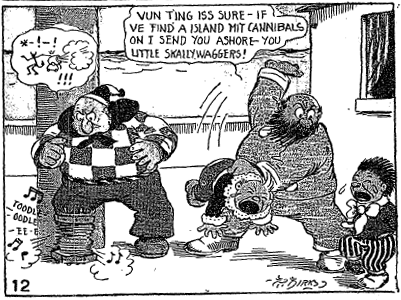Refudiate?
[Note: Thanks to a link from Andrew Sullivan, our server is maxed out at around 2,000 visitors/hour, and things are a little slow. If you come back in a few hours, response times for browsing or commenting should be better.]
Back on July 14, when Sarah Palin used the blend refudiate in her role as Fox News contributor, I considered posting about it, but decided not to, since I'm not a fan of pouncing on political slips of the tongue.
But today, a week later, she used the same blend in a message on Twitter:
Read the rest of this entry »



